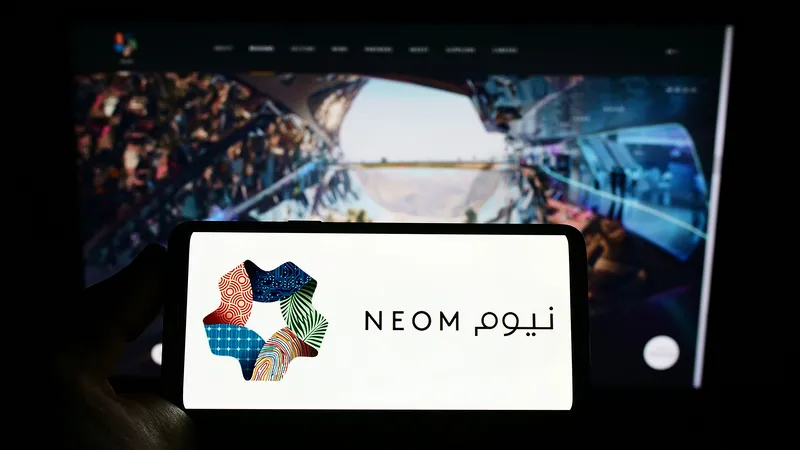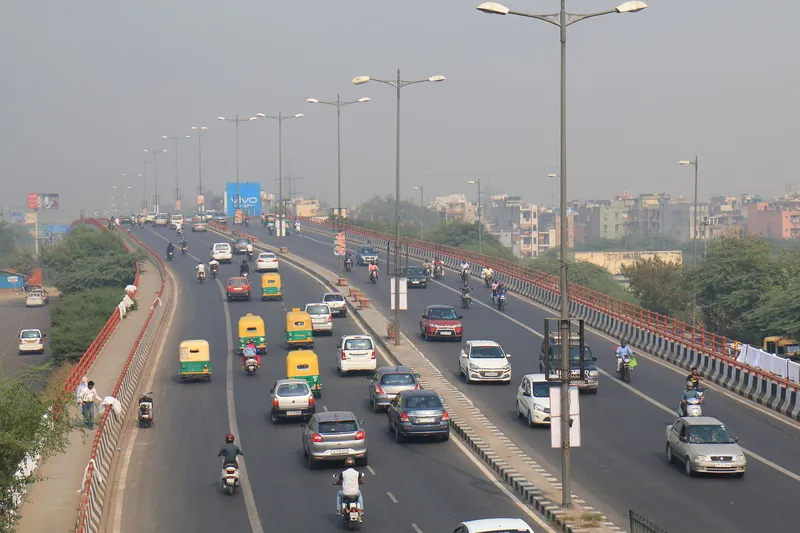
Urban air mobility (UAM) specialist Volocopter has announced the successful completion of a series of air taxi test flights - the first time an eVTOL (electric vertical take-off and landing) aircraft has done this in the Kingdom of Saudi Arabia.
The tests lasted over a week and were part of an 18-month collaboration between smart city development Neom - which wants to position itself as a showcase for smart mobility and sustainable living - and Saudi Arabia's General Authority of Civil Aviation (Gaca).
The aim is to implement and scale an electric UAM ecosystem and testbed in Neom, which is being built in the north-west of the country, and is intended to have a multimodal transport system powered by 100% renewable energy, generated by solar and wind.
Neom is planned to get its first residents moving in next year, with the number of inhabitants predicted to rise to nine million in 2045.
Neom has already made a €175m investment in Volocopter and they are joint venture partners.
The test campaign focused on the flight performance of the Volocopter aircraft in local climate and environmental conditions, as well as testing how it would fit into the local unmanned aircraft traffic management system: the eVTOLs will be used as taxis and emergency responders.
Nadhmi Al-Nasr, CEO of Neom, says the test flight is "not just another milestone towards the creation of Noem’s innovative, sustainable, multimodal transportation system – it is a tangible example of Neom as a global accelerator and incubator of solutions to the world’s most pressing challenges".
Abdulaziz A. Al-Duailej, Gaca president, says the tests represented a "steady step towards achieving the aviation sector’s strategy, through innovation and employing emerging technologies to create new industries that contribute to the output GDP and create more jobs".









